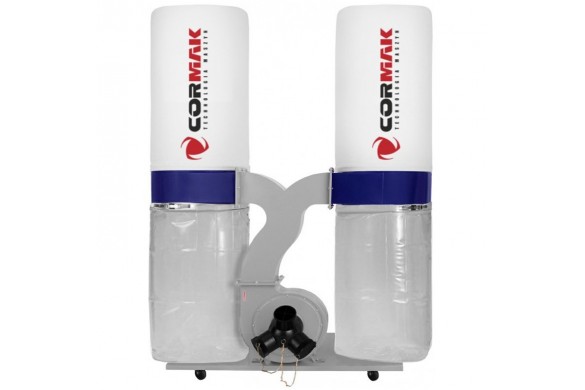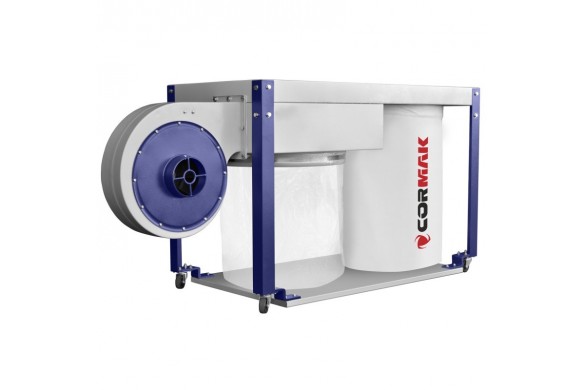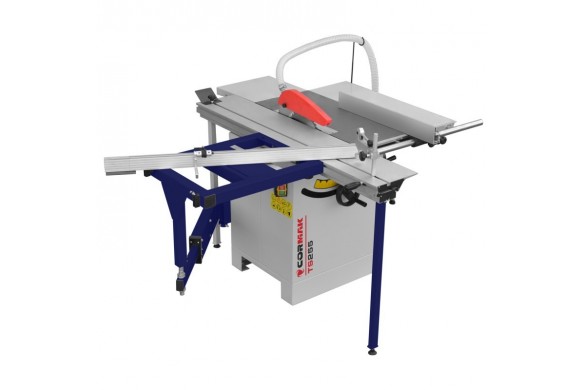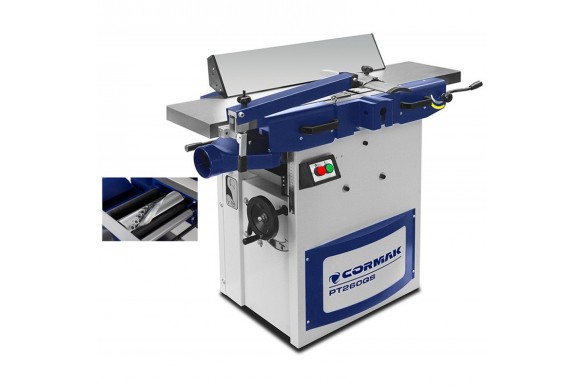How to Choose a Screw Compressor
24.09.24

How to Choose a Screw Compressor? A Guide to Key Selection Criteria
Screw compressors are a popular choice in industry due to their efficiency, reliability, and ability to run continuously. Selecting the right screw compressor is crucial for optimizing production processes and minimizing operational costs. Here are the key factors to consider when choosing a screw compressor:
Performance and Pressure
- Performance: The amount of air the compressor can deliver. It’s important to choose a compressor whose output exceeds the demand of your tool or process that requires the most air.
- Pressure: The maximum pressure the compressor can generate. Make sure the compressor pressure is adequate for the needs of your pneumatic tools or other applications.
Motor Power
- Choosing a compressor with the right motor power is essential to ensure energy efficiency and reliability. A more powerful motor can better handle higher demands and longer operating times.
Tank Size
- A larger tank can provide a continuous airflow with fewer on/off cycles of the compressor, which is beneficial for prolonged use. The choice of tank size depends on the nature of the usage—continuous or intermittent.
Energy Efficiency
- Compressors with inverters can adjust their operating speed to the current air demand, significantly reducing energy consumption. Compressors with heat recovery systems can also contribute to overall energy efficiency.
Lubrication Type
- Screw compressors are available in oil-lubricated and oil-free versions. Oil-lubricated compressors are generally cheaper and more durable but require regular oil and filter changes. Oil-free compressors are more expensive but provide clean air, which is critical in industries such as pharmaceuticals, food, or electronics.
Noise Level
- Pay attention to the noise level generated by the compressor, especially if it’s going to be used in an environment that requires quiet operation. Some compressors are equipped with additional noise-reducing enclosures.
Maintenance and Servicing Costs
- Consider the anticipated costs of maintenance and servicing. Regular inspections and parts replacements can significantly affect the overall cost of owning a compressor.
Summary
A well-chosen screw compressor is an investment that can lead to significant operational cost savings and increased production efficiency. When choosing a compressor, focus on your operational needs, both initial and long-term costs, energy efficiency, and ease of maintenance.





